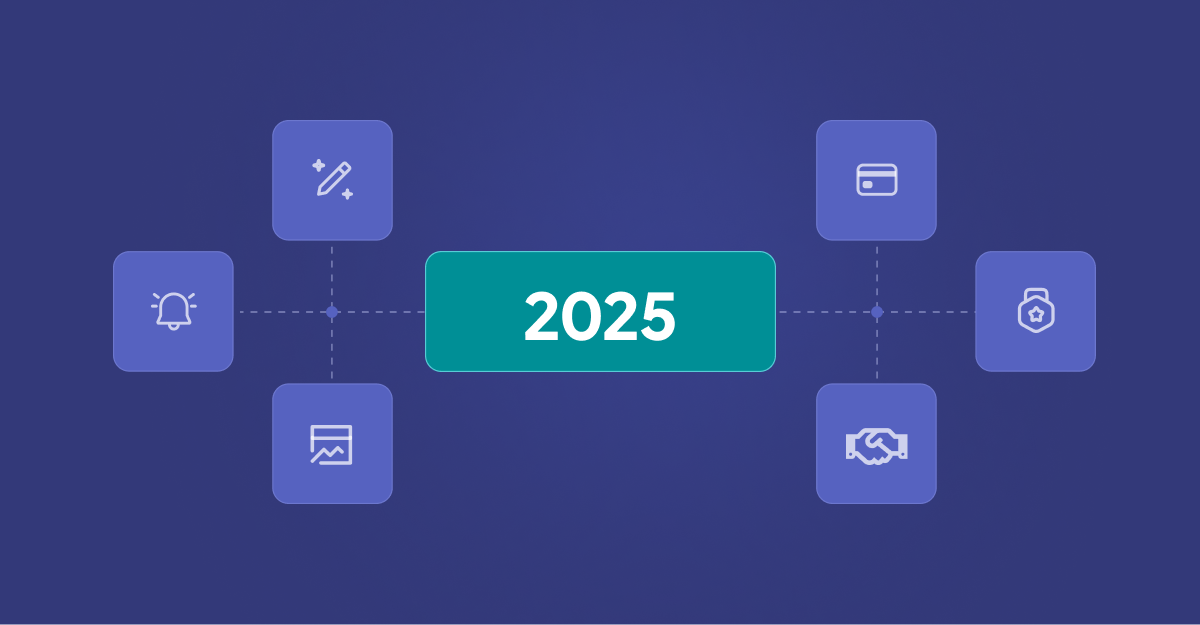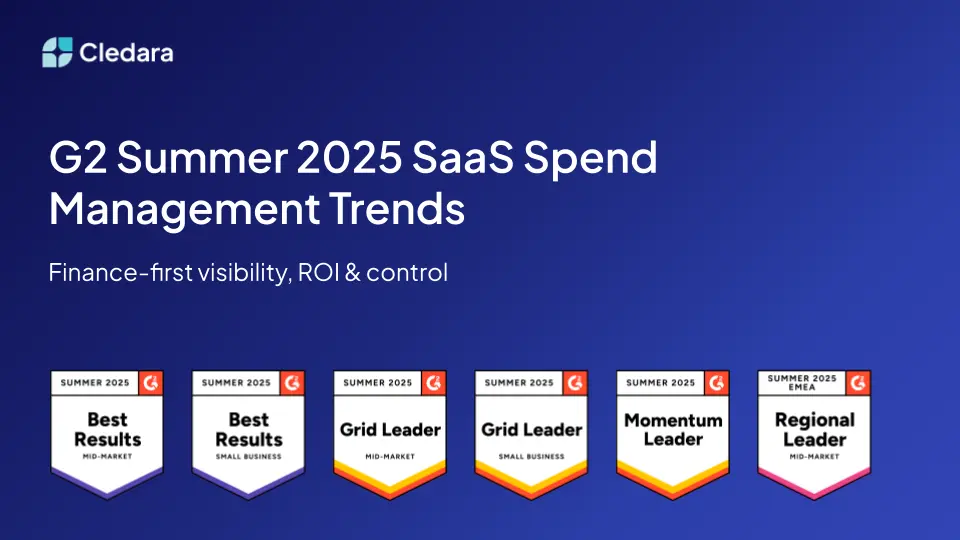Tom Howsam is a veteran of the software industry. Since the early 2000’s, he has founded two software companies from scratch, Thap and Paid, currently holding a CEO position for the latter. In addition, Tom has also experienced what leadership looks like from the Chief Technology Officer position, where he supervised a team of more than 70 engineers.
So Tom, tell us briefly about Paid, how are you conquering the world?
Paid helps businesses of all sizes to work better together.
We are starting with the biggest frustration, which are huge multinationals that need to work with micro suppliers. We help them do it in a much more efficient way.
It typically takes three months for a new supplier to be able to work with a big corp. With Paid, we can do that in half an hour from the time the invitation is sent. Also, suppliers normally wait around another 60 days to get paid, but we are able to make it happen within three business days.
“There was a point where I had 70 engineers working for me across time zones. Pretty much every moment every day of the week somebody is asking you a question”
We take care of contracts, verifications, NDAs, the purchase orders, payments, invoices, compliance… So that small companies don’t need to worry and enterprises are able to benefit from working with small suppliers.
You have experienced quite serious scale at Clicksco, is there anything you have done differently this time at Paid?
Yeah, there was a point I had 70 engineers working for me across time zones. Pretty much every moment every day of the week somebody is asking you a question.
I think that when managing such a team, it is very important to give people the most empowerment for them to get things done within boundaries, rather than having them double check everything. That is bad for the manager, it will drive yourself crazy and it is bad for them too, naturally. Because they feel they have no authority to do things independently.
“At Paid, if somebody wants to get something done or do something new, no one has to come to me for permission or authorisation. We just have it set in Cledara and people can get on with that.”
And how did you apply that to Paid?
So, first of all, we work on a flat structure. Everybody can have an opinion, but data is king for us. Until you back up your idea with data, it is just an opinion. So everyone can have their own say, but we always try to set up a way to collect the key metrics.
And the second thing is that we have been looking to streamline our admin and suit it to the modern startup needs. Starting with our SaaS products.
As you scale, SaaS can get quite unmanageable, quite quickly.
And at Paid, if somebody wants to get something done or do something new, no one has to come to me for permission or authorisation. We just have it set in Cledara and people can get on with that.
Also, I then know that it is controlled.
Actually, before Cledara we used to have one card for all our SaaS and we used to cancel it every few months and see who shouted about it. Cledara is a much more elegant solution.
I remember once that we were using fancy DNS.The first time we paid it, I put it on my personal card. It was £6,000 for a year.
A year passed and I forgot about it. I got a text for my card company - you’ve just been charged another £6,000! Ooops!
So with all that experience on all these different levels of scale, what tips would you give to early founders?
A couple of things. One of them is a personal skill and the other one is something in the business.
At a personal level, get very comfortable with delegation early on.
And know that if you delegate something to someone to do, they might do that in a different way than you do it, but it doesn’t mean that it is wrong. No one is going to do it the same way as you do it, and that is perfectly fine if they get to the end result.
The second thing would be to get your processes in place while you are small.
While a company is small, it is easy to get your processes right. It’s easy to get things in place. Whether that’s your CRM strategy, product management methodology in terms of how you want to manage product delivery or your approval process for the way you want to manage SaaS. If you leave everything like a jumble, yes you can manage it when you’re small, because it’s not that taxing. But as you scale that’s going to get more and more taxing, to the point you won’t be getting any real work done in a day. Instead, you’re fighting fires that wouldn’t be fighting if you had put a process in place when you were small and got that mindset right in each new team member.
That really resonates. I think laying the groundwork of the “Paid way” of doing things early on is very important. Because if you don’t get it right in the first five or ten people, you’re not going to get it right when you are 50 or 100.
Yeah, the bigger you get, change management gets harder.
It’s much easier to have a “Paid way” when there is ten of you than trying to create the Paid way when there are fifty of you.
If you try to introduce the Paid way when you are fifty people, people suddenly go saying: oh we are getting corporate, things aren’t what they used to be… Not many people embrace it.
It sounds like you are coming through an exciting moment in Paid’s history. What does Paid look like in five years?
In five years, Paid can be known as the platform that enables businesses of any size to work together. Because that is what we do, to provide you with the platform to do better business with the company you want to.
That’s really our vision, to level up the playing field and make it as attractive to work with any size of business worldwide.
This post was inspired by questions provided by people like you. We love receiving new and interesting questions that help us think about data in new ways. If you found this post interesting and have other questions that you’d like us to help answer, drop us a line at hello@cledara.com.
To subscribe to our blog newsletter, scroll down!










.webp)

.webp)

-min%20(1).png)



